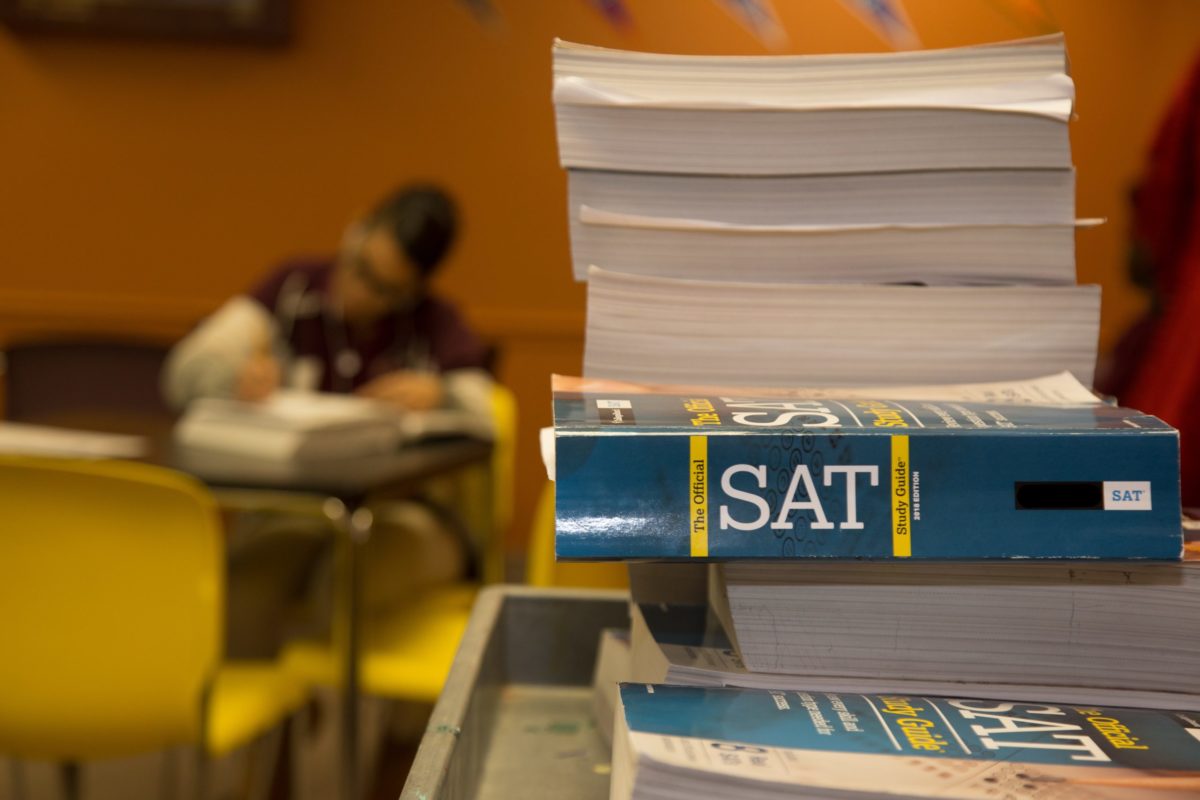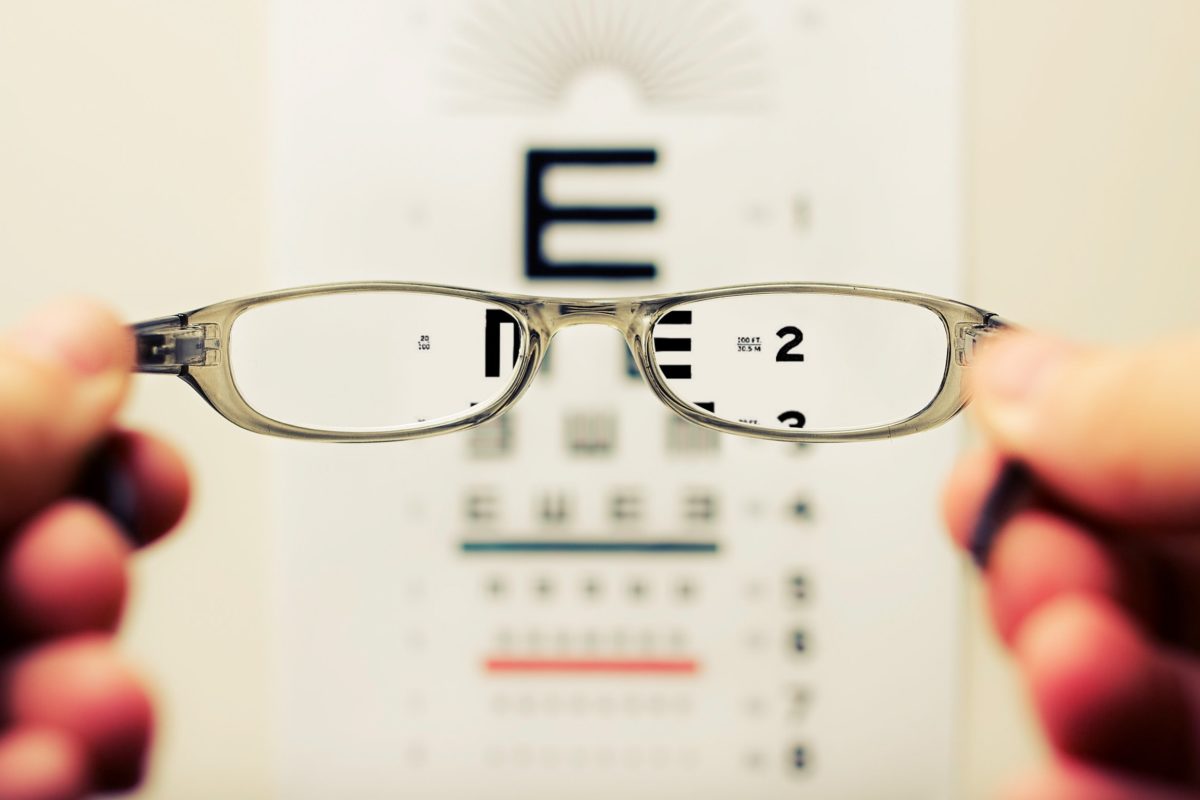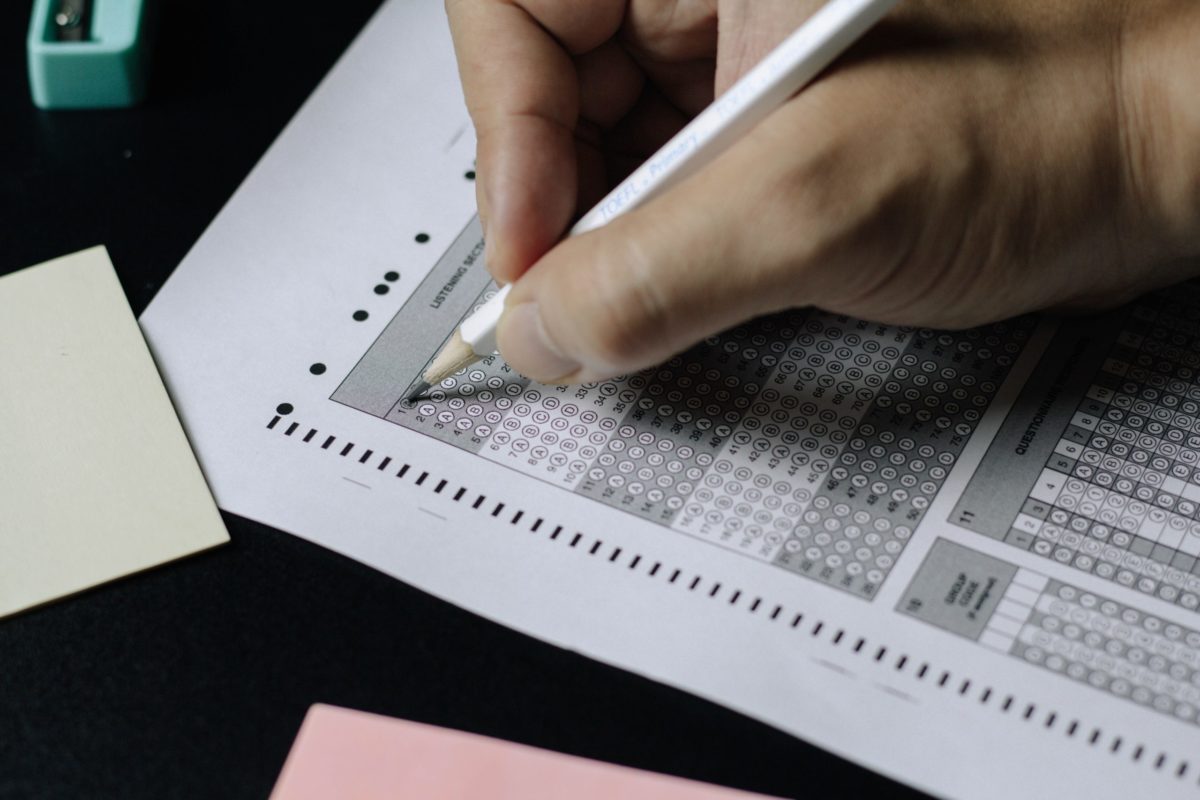If you are thinking of enrolling in a college in the U.S., then chances are you will have to take some type of standardized test. These tests represent a method of assessment that is designed around the concept of consistency. All the students who take them are required to answer questions of the same format, and they are all evaluated in the same way.
Standardized tests in the United States are an important part of the students’ application journey. Schools use the scores you get in these tests to make admission decisions. So that means that they are an important factor in determining whether you get into the school of your choice or not.
There are a considerable number of standardized tests, and each one has a specific purpose. We took it upon ourselves to introduce you—an international student—to some popular standardized tests in the United States, as well as acknowledge some of the most frequently asked questions by students, like what is international English language testing system?, or what is the TOEFL test and who is required to take it? Read on to find the answers to such questions and pick up a few test preparation tips along the way.
Scholastic Assessment Test (SAT)

The Scholastic Assessment Test (SAT) is a college admission standardized test that many students take every year. Just in 2020, nearly 2.2 million students took the SAT at least once.
The SAT aims to assess the students’ basic school knowledge by evaluating them in two main sections, math and reading. Each section has a score of between 200 and 800 points. So, the maximum number of points you can get on the SAT is 1600 for both sections. SAT used to have an optional essay writing section, but as of June 2021, the College Board decided to discontinue that section altogether.
Prior to the changes that have been made, you would also be penalized for incorrect answers; however, that is not the case anymore. So, even if you don’t know the answer to a question in the SAT, it is better to guess than to leave it blank.
The fee to register for the SAT is $55, but you might have to pay an extra processing fee when taking it in another country.
For more information on SAT dates and deadlines, you can visit the CollegeBoard website.
The International English Language Testing System (IELTS)
Those of you currently living outside of the U.S. borders but want to study or work here, you will be required to complete some type of English proficiency level testing. One popular option happens to be the International English Language Testing System (IELTS).
You have the choice of taking the IELTS test on paper or computer, and it consists of four sections, speaking, listening, reading, and writing. These sections are used to evaluate your understanding of English. They assess your grammatical and lexical knowledge, pronunciation, coherence, and other related aspects of the language.
One of the best ways to prepare for such an exam is by taking practice tests, so you can see where you score lowest and try to improve in that section of the test.
The fee for sitting the IELTS depends on the location; however, in the U.S., it ranges from $245 – $255.
For more information on IELTS dates and deadlines, you can visit the IELTS website.
Test of English as a Foreign Language (TOEFL)
The Test of English as a Foreign Language (TOEFL) is a standardized test whose purpose is to test the level of English proficiency international students have. This test is accepted by more than 11,000 universities in the United States and other countries, including Canada, the U.K., Germany, Italy, Japan, and South Korea.
TOEFL has a few versions, TOEFL iBT (internet-based test), TOEFL PBT (paper-based test), the TOEFL ITP (institutional testing program), the TOEFL CBP (computer-based test), the TOEFL Junior Standard, and the Junior Comprehensive. The most popular version is TOEFL iBT, and it consists of four sections, reading, listening, speaking, and writing. All sections together take about three and a half hours, and there is a ten-minute break between the first two sections and the last. The fees for registering TOEFL vary by the testing location.
For more information on TOEFL dates and deadlines, you can visit the ETS TOEFL website.
American College Testing (ACT)

The American College Test (ACT) is another standardized test whose score colleges and universities use to make admission decisions. Almost half of the 2020 graduates took the ACT nationwide.
It is a paper-based test with multiple-choice questions from four sections, English language, math, reading, and science, plus an optional essay writing section. The test takes about three hours, without the essay. The fee for registering for the ACT is $60 without the writing section and $85 with it.
For more information on ACT dates and deadlines, you can visit the ACT website.
Graduate Record Examinations (GRE)
The Graduate Record Examination (GRE) is a standardized test that many graduate programs require for admission. This exam evaluates skills that are general and not specific to only a field of study. It consists of sections that evaluate the student’s verbal reasoning, quantitative reasoning, critical thinking, and analytical writing skills. You have 30 minutes to complete each section.
The fee for this exam is about $205 for most locations.
For more information on GRE dates and deadlines, you can visit the ETS GRE website.
Graduate Management Admission Test (GMAT)
The Graduate Management Admission Test (GMAT) is a graduate admission exam whose scores are taken into consideration by business schools in the students’ admission stage. This test is mostly taken by those that want to enroll in an MBA program or any other business-related program.
This test has four main sections: quantitative reasoning, verbal reasoning, integrated reasoning, and analytical writing assessment. You have to complete all sections in three hours and seven minutes.
The fee for registering for the GMAT is $250.
For more information on GMAT dates and deadlines, you can visit the MBA website.
Optometry Admission Testing Program (OAT)

The Optometry Admission Test (OAT) is required for admission to optometry programs in the U.S. This test is designed to measure your general academic abilities in natural sciences, reading comprehension, physics, and quantitative reasoning.
The fee for taking the OAT is $500.
For more information on OAT dates and deadlines, you can visit the ADA OAT website.
Pharmacy College Admission Test (PCAT)
If you want to become a pharmacist and study for a Doctor of Pharmacy (PharmD) degree, then you are required to take the Pharmacy College Admission Test (PCAT). This test is used to evaluate your general academic abilities and knowledge in science, specifically in biology and chemical processes, writing, critical reading, and quantitative reasoning.
The fee for taking the PCAT is $210.
For more information on PCAT dates and deadlines, you can visit the Pearson Assessment PCAT website.
Dental Admission Testing Program (DAT)
The Dental Admission Test (DAT) is part of the admissions process for dental schools in the U.S. The DAT is a multiple-choice test consisting of four sections, a survey of natural sciences, perceptual ability, reading comprehension, and quantitative reasoning. These sections are used to measure your knowledge in biology, general and organic chemistry.
The fee for taking the DAT is $360.
For more information on DAT dates and deadlines, you can visit the ADA DAT website.
Law School Admission Testing Program (LSAT)
If you are interested in law and want to pursue a career in the field, then you should consider enrolling in a law school graduate program. When you decide to do so, in the U.S., you will be required to take the Law School Admission Test (LSAT). This test is used to evaluate skills related to law, such as your reading comprehension, logical reasoning, and verbal proficiency.
The fee for taking the LSAT is $200.
For more information on LSAT dates and deadlines, you can visit the LSAC website.
Remember, having strong test scores will not guarantee your college acceptance, and weak test scores won’t automatically eliminate you either. But they are an important part of your application process, and as such, can give you a boost or set you back on the admission list. Best of luck to you!
